Open Web and Web3 messaging all stems from the idea that the next generation of the internet will be built for and governed by the people. NEAR has even codified this in our mission: empowering all people to control their own money, data, and power of governance.
What according to you should be the core purpose of a DAO?
A very old (2014) blog post by Ethereum founder Vitalik Buterin painted a new way of thinking about collective action, where instead of a company with shareholders, executives, and employees, there could be a decentralized autonomous organization, or DAO, where members own a portion of the organization, contribute what they can to its success, and are rewarded proportionally to their contribution. There are no bosses, no hierarchy, and the participants are united by a common purpose.
I remember feeling inspired when I first read Vitalik’s post, imagining a truly community-owned future where anyone, anywhere could formalize a group and its actions independent of the bounds of borders, laws, or banks — much like blockchain-powered Web3 does for the individual, DAOs could do for communities. Eventually companies would be replaced by DAOs, still having many company-like features, but with greater flexibility both at their founding and over time as the demands and priorities of the people involved change.
This vision even predated my interest in Web3 and blockchain. I left Ukraine because I never felt secure starting a company there. I don’t believe any Ukrainian bank can be trusted to store my money safely. The government has changed the rules around holding US currency multiple times just over the last ten years (like the need to sell half of it on receival for local currency). There is a lot of corruption and rigid structure around how companies can operate in Ukraine, as well. In many countries, forming a company comes with additional overhead due to government corruption, lack of rule of law, and unreliable banks that can disappear.
This is true everywhere, to some extent: before blockchain, if people wanted to organize into a formal group, they would need to request a license from the government (e.g. create a company), especially if they needed a bank account and wanted to participate in the economy as a group. This process is time-consuming, expensive, complex, and the resulting organization is subject to restrictive rules once it forms.
Even informal community coordination requires rules and moderation. Imagine an anime student group wants to coordinate an international fan event, or a collective of successful artists around the world want to join together to support novice artists. Community coordination could include everything from a way to post which way members are leaning on some question, creating art or a product together, launching an app, investing in some digital assets, or even co-owning a social channel like a Twitter account. All of these are real-world examples of coordination that require some kind of governance.
For a long time, I have believed in a myriad of small teams working together instead of huge companies that create a monopoly and then fight to preserve it. In fact, about ten years ago, some friends and I created the not-a-company ProstoKSI, which was made up of developers working together on open-source projects.
Web3 makes this vision possible in a way that Web2 can’t, because of the guarantees that come with crypto. Imagine building on top of a cloud provider or using a bank that is just run by a group of 20 people with no formal affiliation and no guarantees that the organization will still be functioning in a year — there are limits to what you can build on it. But in crypto, infrastructure and decentralized applications are reliable because they are open source, open state, and come with reliable guarantees. Apps built in this way provide common protocols to interact with each other, which other developers, businesses, and users can rely on.
DAOs are a part of such common protocols in the new world. In the seven years since Vitalik wrote this very high-level post, thousands of members have experimented with DAOs on Ethereum and other networks — some of the best-known include Maker, Moloch DAO, MetaCartel, The LAO, and Flamingo DAO. I’ve taken some key learnings from the first wave of DAO experimentation that informed the vision for DAOs on NEAR.
- It’s generally clear that simple ways for a community to control governance do not scale with the number of people involved. Thousands of people can’t effectively develop or control anything without the introduction of rules, laws, or hierarchies. We also have seen a number of experiments in the blockchain space around the governance of protocols and investment funds. Many of these have failed for various reasons, from technical issues to lack of interest in voting from members or lack of a unifying, driving factor.
- One can’t expect that every member will always be happy. Interests drift and people’s opinions evolve; majorities and minorities will eventually emerge around some issue. Even though in most cases everyone will fall into consensus through basic governance like voting, the minority of the community should be able to fork, or diverge from the original group to follow a new set of rules, at any time if they don’t agree with the majority and have enough of their own will.
- Any community or organization requires leadership. Even if it’s a highly dedicated group of people — if they are not working full-time on the shared cause, they are probably too busy to be active all the time and participate in every discussion or decision. Communities usually have dedicated members who are responsible for coordination, potentially moderation.
- If a community is permissionless and pseudonymous, it’s still valuable to have members who are publicly known to be involved and create the “core” of the community. The community will listen to these members’ perspectives and opinions above any others because they’re known to be the most invested and informed.
- The more “product” focused such a decentralized community is, the more focused the leadership must be, as product development usually requires a lot more context than any community participant would have. For example, a community trying to build a blockchain or a decentralized exchange together.
- Pure stake-based weighting always fails, either because the majority of stakeholders are not able to or don’t want to be active participants, or because it opens up easy ways to attack the governance process.
Is the Sputnik DAO created specifically for technical communities?
So a DAO is a community united around some common purpose, requiring some rules for coordination and governance, with the flexibility to evolve over time as the interests and goals of the community shift, and the ability to transact and make money as a unit with minimal overhead. With all of these learnings in mind, we set out to create a DAO protocol on NEAR that would empower all kinds of communities — not just technical ones run by engineers — with a flexible, robust framework for working and evolving together.
Which of the following is/are true about community leadership?
The resulting protocol, Sputnik DAO, offers a way for new and existing communities and organizations around the world to have on-chain representation of their group, manage their on-chain activity, govern their own decision-making, and (importantly!) interact with other DAOs. Currently there are about 100 Sputnik DAOs since the initial launch in February 2021, with ~$500k allocated and ~$500k contained in the collective treasuries (see stats here).
Check out sputnik.fund and tell us what you think. Next week we will share a V2 beta with a fresh UX, new features, and another article with details about how Sputnik is uniquely solving key challenges of organizing communities. Make sure to follow our Medium to be notified about V2.
Thanks to Sputnik’s early community group for ideas for v2; NEAR Team,
Updated: August 22, 2022
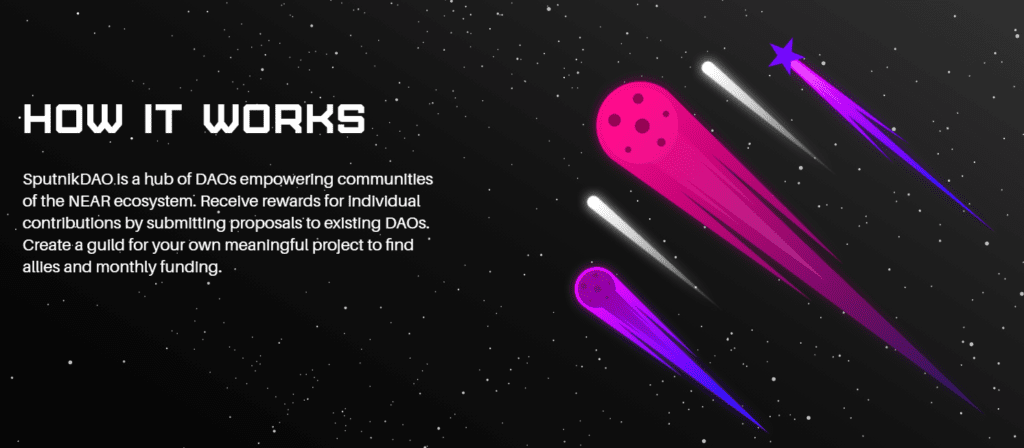
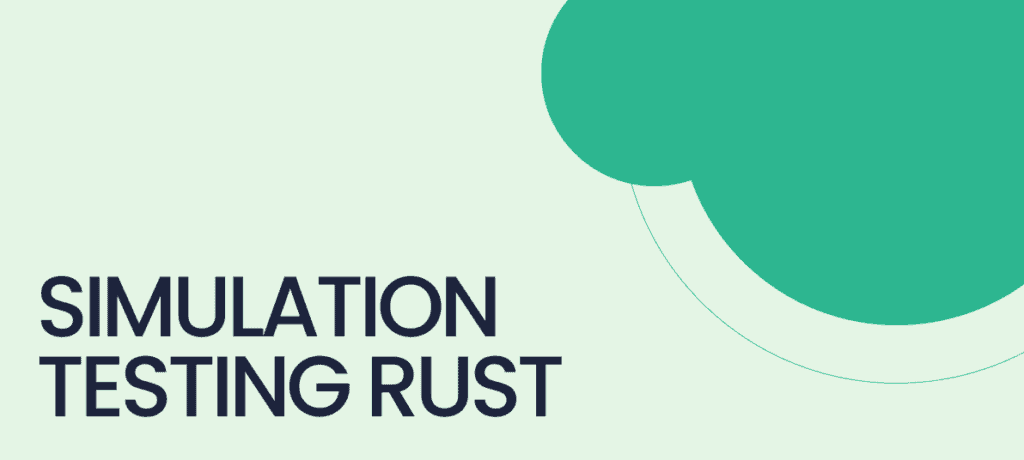
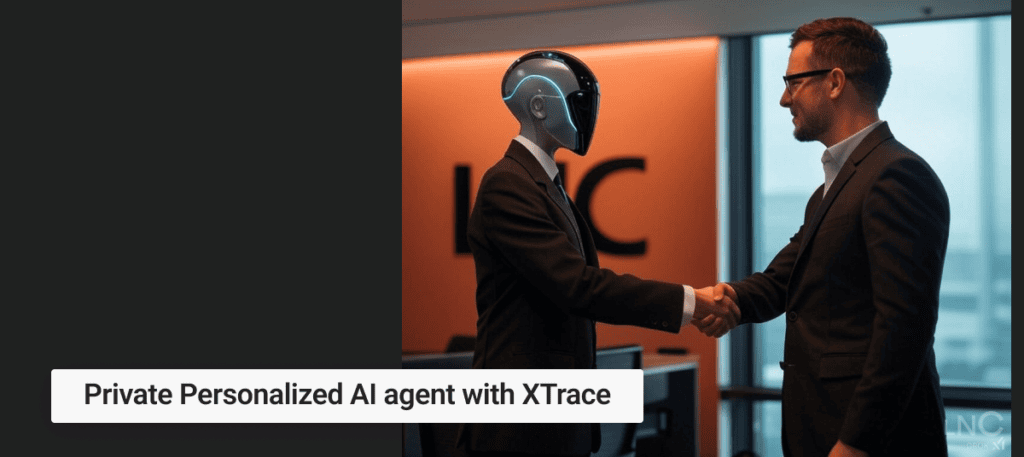
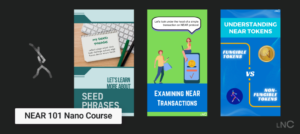
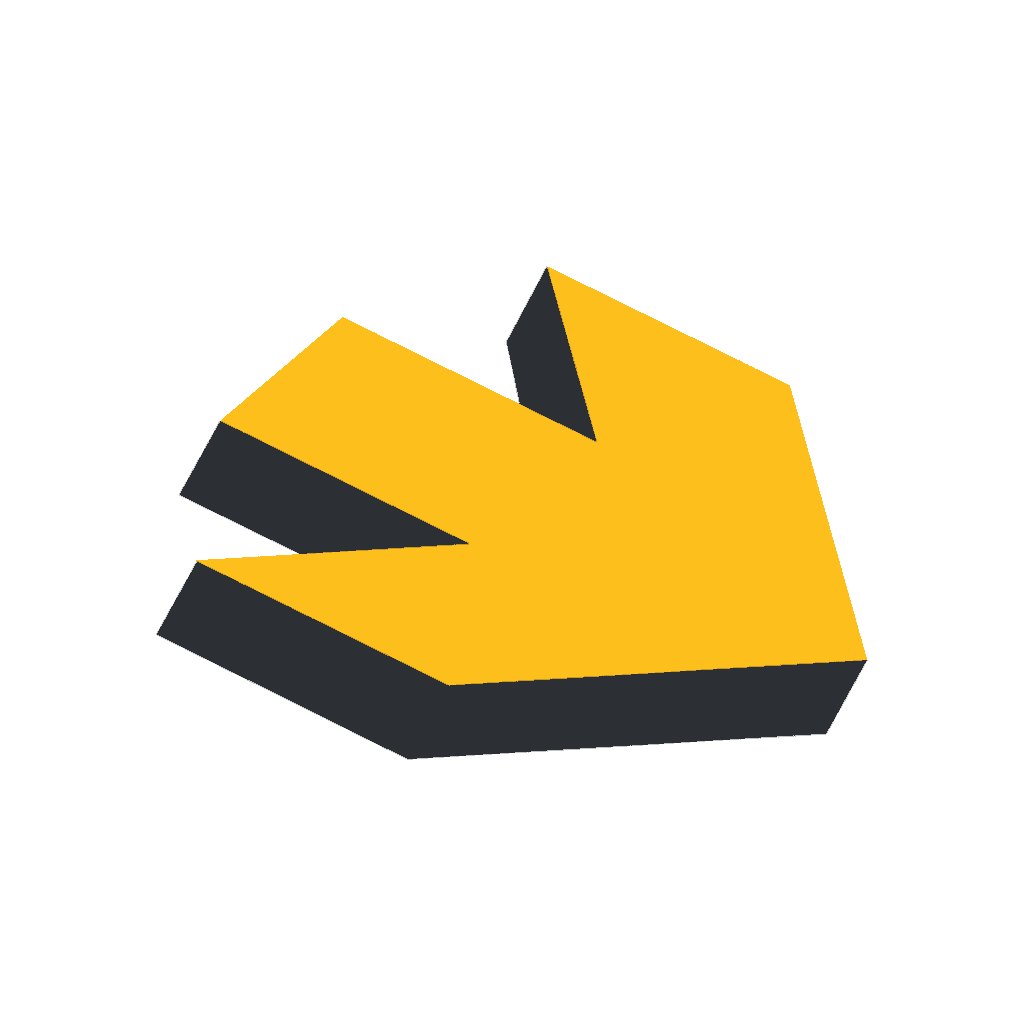
Top comment
Great article. Thank Illia for pointing it out!
I read it once again and it becomes even better
Sputnik DAO is very powerfull!
I really like web3 and this guide. Thanks Learnear learnnear.club for knowledge!